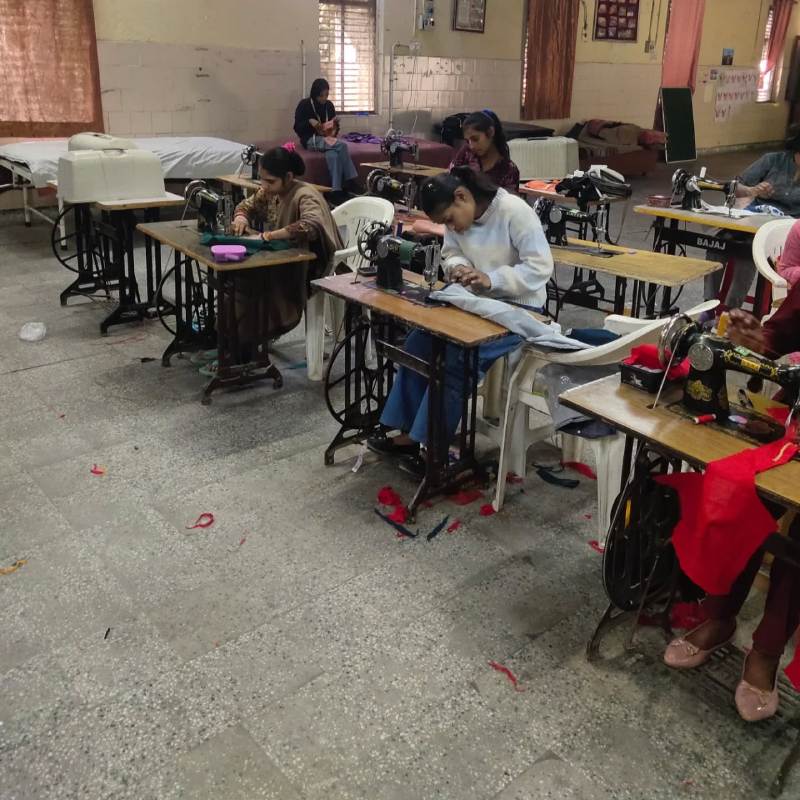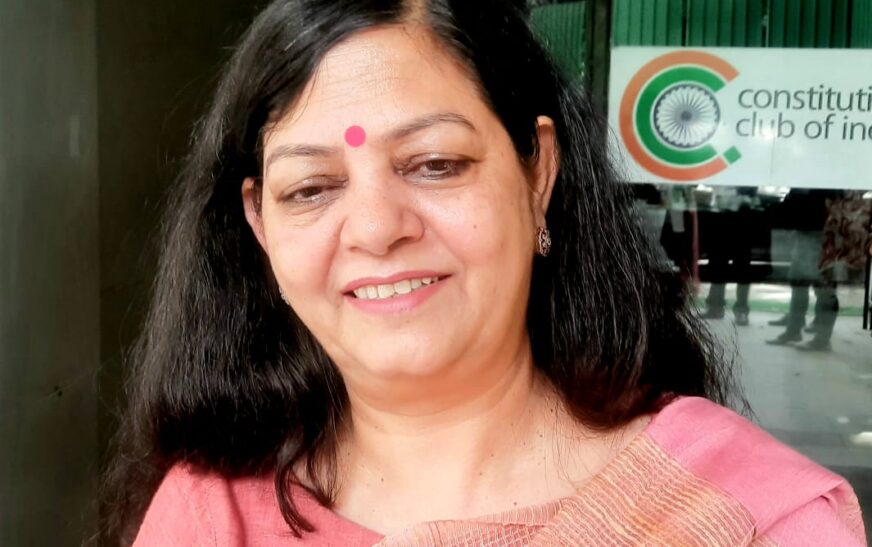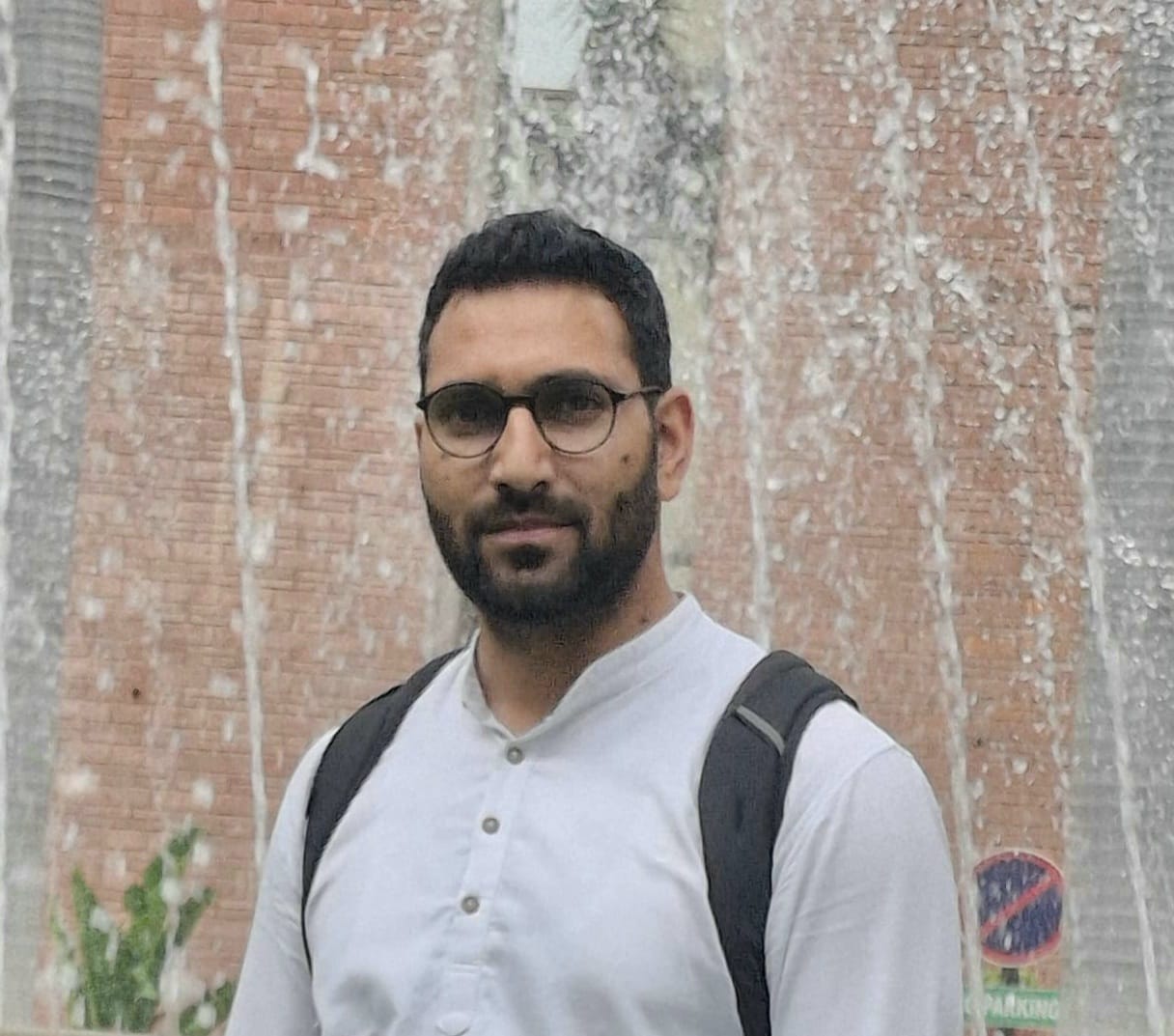Sampurna, under Dr. Shobha Vijender’s visionary leadership, drives empowerment, social welfare, and grassroots transformation with unwavering commitment. Focused on uplifting underprivileged communities, the organization delivers tangible impact in education, healthcare, skill development, and women’s empowerment. Dr. Vijender’s relentless dedication has positioned Sampurna as a force for change, fostering self-reliance and dignity among those it serves.
What sets Sampurna apart is its holistic approach. It goes beyond addressing immediate needs, laying the foundation for long-term, sustainable development. Through vocational training, awareness campaigns, and healthcare initiatives, the NGO equips marginalized communities with the tools to build a better future.
At its heart, Sampurna operates on the principle of service through action. It doesn’t just advocate change—it makes it happen. Under Dr. Vijender’s leadership, the organization continues to inspire hope, transforming lives and empowering individuals to shape their own destinies.
In an exclusive conversation with The Interview World, Dr. Shobha Vijender, Founder and President of Sampurna, shares insights into her NGO’s core initiatives. She highlights its sustainability efforts, outlines key programs addressing women’s issues, and explains the role of the circular economy in community development. Here are the key takeaways from her compelling discussion.
Q: Can you provide an overview of your NGO’s key initiatives and the impact they have created?
A: I am a social worker and the founder of Sampurna, an NGO dedicated to holistic social transformation. Sampurna means completeness, a principle that guides our mission to address social issues in a comprehensive manner. Initially, we focused on protecting women’s rights. However, we soon realized that true justice requires family support. This insight led us to expand our initiatives to include projects for children and the elderly.
We take a family-centred approach because every case involving a woman inevitably involves her surroundings—her family, neighbours, and community. Social issues do not exist in isolation. The belief that women remain unaffected as long as they stay within the four walls of their homes is a dangerous misconception. Domestic violence in one household impacts every woman in its vicinity. Our social structure weaves individuals into an interconnected fabric, where one person’s suffering ripples through the community.
At Sampurna, we work at both micro and macro levels, ensuring a far-reaching impact. By addressing social issues holistically, we create lasting change, empowering not just individuals but entire communities.
Q: Can you share specific examples of how your NGO is implementing sustainability initiatives and the impact they have achieved?
A: Let me share an example. In Hindu tradition, devotees offer clothes to deities, changing them daily and storing the used garments. Over time, this practice leads to heaps of unused fabric. We saw an opportunity—not just to manage this surplus but to turn it into a meaningful economic activity.
We began collecting these clothes from religious sites and transforming them into bags, cushion covers, and pouches. This initiative achieved two goals. First, it reduced environmental pollution by preventing discarded textiles from ending up in landfills. Second, it gave these fabrics a new life, allowing others to reuse them in practical ways.
Today, discussions on sustainability dominate conferences, awareness campaigns, and policy forums. We often propose solutions, yet real change comes from action, not just conversation. Solutions must be demonstrated, not merely discussed.
Our NGO has set a powerful example of reusability. Without compromising religious sentiments, we repurposed garments offered to deities into beautifully crafted, meaningful gifts. This initiative not only honours tradition but also promotes sustainability in a deeply respectful and impactful way.
Q: How is your organization addressing key issues affecting women, and what initiatives have you implemented to drive meaningful change?
A: After the Nirbhaya incident, we launched a citywide campaign for women’s safety, reaching every street and neighbourhood. Our goal was clear—to ensure that vital safety measures reached every corner, empowering women with the knowledge to protect themselves while traveling. To amplify our impact, we engaged local communities and residents, making them active participants in spreading accurate information.
In a world where misinformation spreads rapidly, sharing factual, reliable knowledge is not just important—it’s our responsibility.
Our NGO addresses a wide spectrum of women’s issues, from economic empowerment to social upliftment. We don’t just advocate change; we create opportunities. Through skill-building programs, we equip women with essential computer training, enhancing their employability and paving the way for financial independence.
Q: What is the role of the circular economy in promoting sustainability and resource efficiency?
A: The circular economy plays a crucial role in sustainable development. At its core, it revolves around reusability and resource efficiency. But let me tell you something—women are the true drivers of this concept. Through their efforts, they bring the circular economy to life. They inherently understand how to optimize resources, stretch every rupee, and drive economic progress through collective action.
Our NGO operates at both micro and macro levels. We recognize that while government welfare programs focus on women and vulnerable communities, sustainable national progress requires deeper grassroots engagement. The key lies in empowering women at the foundational level, enabling them to contribute meaningfully to larger economic growth.
To bridge this gap, we provide skill development and training programs that integrate women into the circular economy. By equipping them with the right tools, we ensure they don’t just participate but lead the way in creating a more resilient and self-sustaining future.









